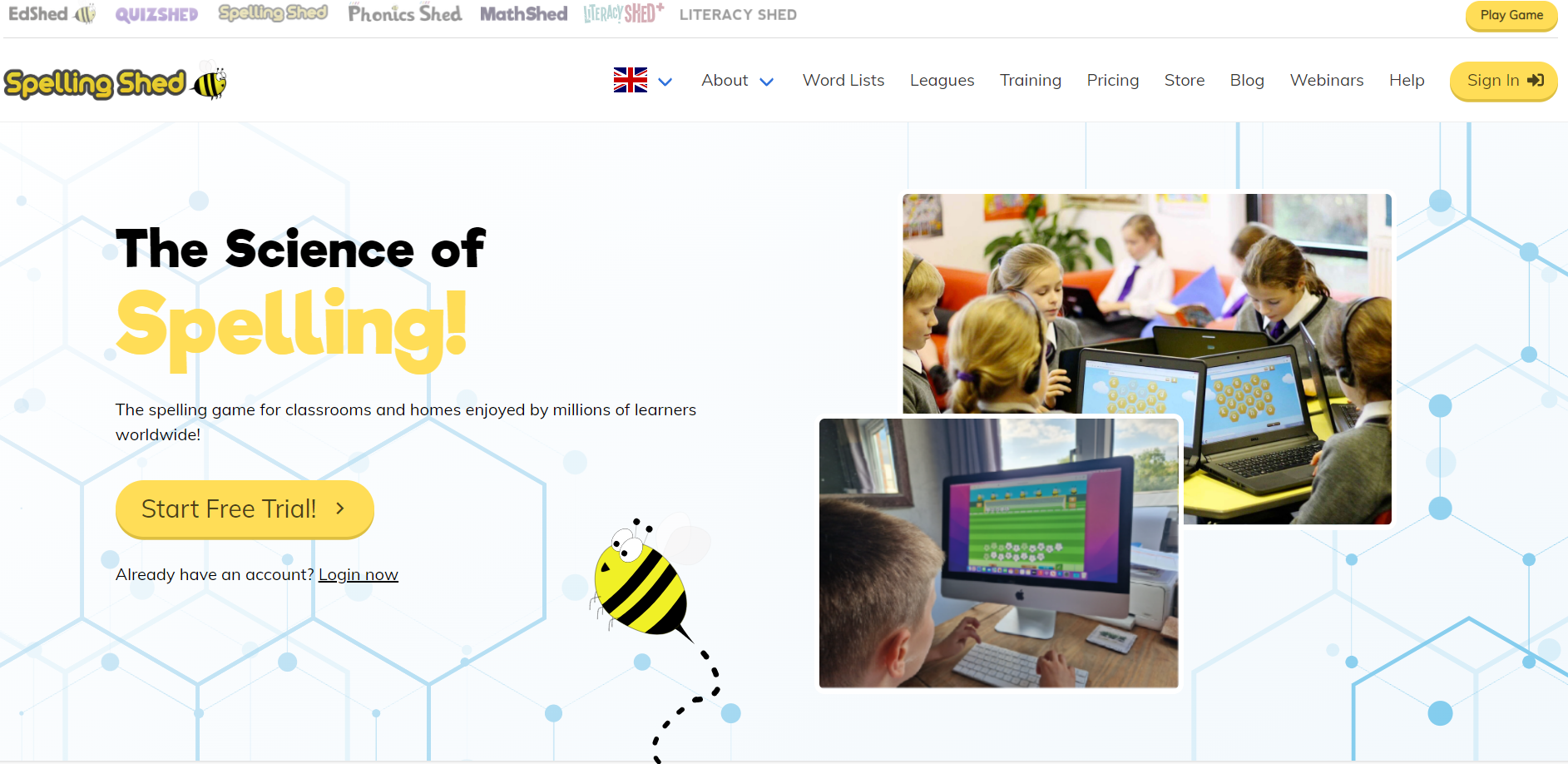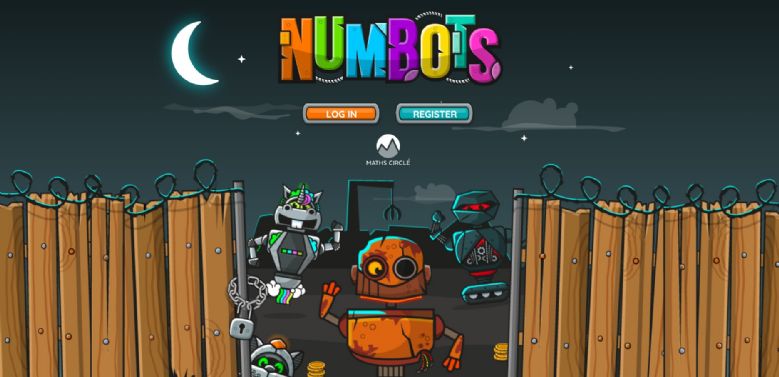
Homework
Guidelines for Parents and Carers
Homework is an important aspect of education and we are grateful for your part in helping your child understand this and for giving appropriate help in the way it is managed. Homework may involve finishing work that has been started within the classroom or undertaking further work designed to consolidate teaching or extend classroom activities with personal research.
The homework set will be geared to the individual needs of the child and we recognise that there will be differing home circumstances. Your guidance, though, is vital and we ask that a suitable place for work, and assistance if required, be provided.
We would strongly encourage that all children are given the opportunity to read with, to, or under the supervision of, an interested and supportive adult as part of their daily homework.
Children are given several days to complete homework tasks in recognition that other outside school activities play important parts in their lives. An extended time for completion helps a child develop skills of time management and responsibility.
Your child has a Homework Book, the purpose of which is to ensure a positive dialogue between home and school. Should you feel that you would like to comment in any way regarding tasks set, or if there seems to be a mismatch of timing in the completion of them, which is causing concern, please use the Homework Book, or mention it to the class teacher personally.
If your child is particularly enjoying the task and wishes to spend more time on it, we would, of course, be delighted with any additional personal research they feel stimulated to undertake.
We want our pupils to look forward to each school day. Spending an inordinate amount of time the previous evening doing homework is liable to dampen enthusiasm. Equally there is a need for children to develop the habit of working away from school and to understand that learning does not only happen within school.
We appreciate your continued support and involvement.
EYFS and Key Stage 1
| Year R |
Year R have no set homework. However, children should read as often as possible – preferably a little every day. All reading should be recorded in the reading record. |
| Year 1 |
Year 1 children should read as often as possible – preferably a little every day. Spelling: Words are sent home on a Friday to be learnt by the following Friday for a dictation. These should be practised little and often. Maths: Maths homework is set on Mathletics on a Friday to be completed by the following Friday. |
| Year 2 |
Year 2 children should read as often as possible – preferably a little every day. Spelling: Words are sent home on a Friday to be learnt by the following Friday for a dictation. These should be practised little and often. The children are required to write each spelling in a sentence to show an understanding of the word and how it can be used and to practise sentence structure. These are handed in by the following Thursday. Maths: Mathletics activities are set on a Friday to be completed by the following Friday. |
Key Stage 2
|
Timestables Rockstars |
Years 3 & 4 (Compulsory)
Year 5 & 6 (Encouraged) |
Weekly challenges of tables will be assigned to all children in Year 3 and 4 in order to build confidence and fluency in their tables knowledge. This is a compulsory part of homework for Year 3 and 4, but all children in Year 5 and 6 are welcome to continue to complete tables challenges. |
|
Mathletics |
Years 3, 4, 5, 6 |
Activities on Mathletics will be set for pupils that are related to their learning in lessons from the previous week. They will have until the following Friday morning to complete them. |
|
Spellings |
Years 3, 4, 5, 6 |
Word lists are sent home with instructions on a Friday. These spellings are linked to the spelling patterns being taught the following week. SpellingShed activities are set for children to use to practise their words ready for their spelling test on the following Friday in school. |
|
Reading |
Years 3, 4, 5, 6 |
Reading is an important skill for children to continue to develop throughout their time at school. Fluency and comprehension skills continue to develop at all ages and therefore we ask that children continue to read a minimum of 5 times a week, with adult support as often as possible. All reading should be recorded in the reading records. |
|
Topic |
Years 4, 5, 6 (Encouraged, not compulsory) |
A selection of topic homework tasks will be sent home half termly. Children are encouraged to complete tasks across the half term, but these are not compulsory. Completed tasks can be brought into school and shared with the class. |
Mathletics
Mathletics is designed to target maths fluency within a rewarding, captivating and safe learning experience. All children are able to access a range of curriculum activities which are backed up by interactive tutorials and audio support.
To access Mathletics please click here.
Spelling Shed
Spelling Shed provides a safe, secure and engaging online world of learning for students. There are a wide range of spelling games and activities based on a teacher-assigned word list. Rewards and certificates also keep students motivated. Look, cover, write, check – without the endless repetition.

In Year 1, Spelling Shed is not part of the children’s homework, but a resource that can be used at home to support spelling.
To access Spelling Shed please click here.
Parent guidance materials can be found at the bottom of this page.
TT Rockstars

TT Rockstars is a resource that can be used at home to support times tables.
To access TT Rockstars please click here
Parent guidance materials can be found at the bottom of this page.
NumBots

NumBots for KS1, is a fantastic new online platform designed to help children develop strong number skills and confidence in maths.
To access NumBots please click here
We encourage families to explore the platform together and enjoy seeing the progress your child makes.
Parent guidance materials can be found at the bottom of this page.

